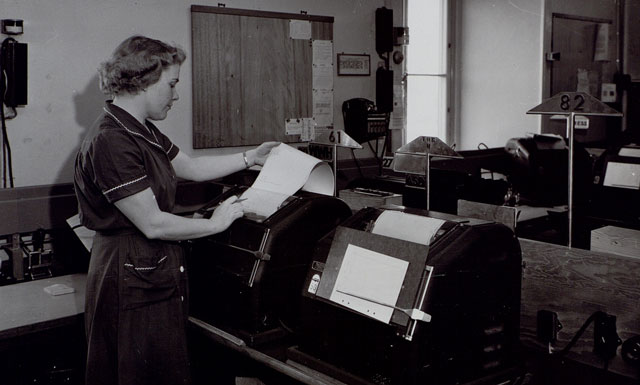
Telkom looks set to shut down its telex network because of lack of use and ever-shrinking revenues from the ageing service. The move is expected to affect as many as 26 employees.
The move comes as a long-running legal battle finally heads to the high court in Pretoria next week. Telkom is facing a multibillion-rand lawsuit, along with a lengthy series of charges laid at a range of agencies, from a disgruntled telex supplier, Phutuma Networks.
In August 2009, Phutuma served a summons on Telkom for damages arising from a tender published in November 2007 for the outsourcing of telex services as well as a solution to support ocean-based shipping.
In its 2012 annual report, Telkom said Phutuma had accused Telkom of awarding the tender to a third party — a London-based company called Network Telex — without a fair, transparent, competitive and cost-effective procurement process. Phutuma initially claimed an amount of R3,7bn, raising this later to R5,5bn.
The matter has been postponed a number of times and is now set to be heard in the high court in Pretoria on Monday, 20 May.
Over the years, Phutuma has lodged several further complaints, one with the public protector, another with the Independent Communications Authority of South Africa’s (Icasa’s) complaints and compliance committee and yet another with the competition commission.
According to internal Telkom documents in TechCentral’s possession, its reasons for discontinuing its telegraph services — telex falls under this — are that the technology has reached the end of its life, that there has been a substantial decline in the number of customers making use of it, and that the service is no longer profitable.
Furthermore, the documents suggest that Telkom has obtained approval from Icasa to discontinue the service. Its regulatory department was unable to answer questions submitted by TechCentral on Thursday.
Telkom plans to move staff manning the telegraph service (available by dialling 1028) and those manning its collect call service (1025), currently located in its Jeppe Street Post Office Building in Johannesburg to an office in Ormonde, 10km away, and retraining them to field directory enquiry (1023) calls.
In total, 26 staff will be affected by the move to close telex services, while a further nine will be affected by the automation of Telkom’s collect call service. The company says it created an automated collect call service four years ago and its customers no longer require personal assistance.
Outside of the maritime industry, which still uses radio telex because it remains a requirement under the stipulations of the Global Maritime Distress and Safety System, the technology has long since been superseded by fax and, more recently, by e-mail.
One of the appeals of telex was that it provided proof of receipt in the form of a return signal. So, for example, if a ship wandered into a busy shipping lane and was warned to turn around, ignored the instruction, and collided with another ship, blame could be apportioned easily.
Radio telex operates using high frequency radio bands. These allow for long-range communications both between ships and from ship to shore. — (c) 2013 NewsCentral Media
- Image: Tekniska Museet/Flickr

